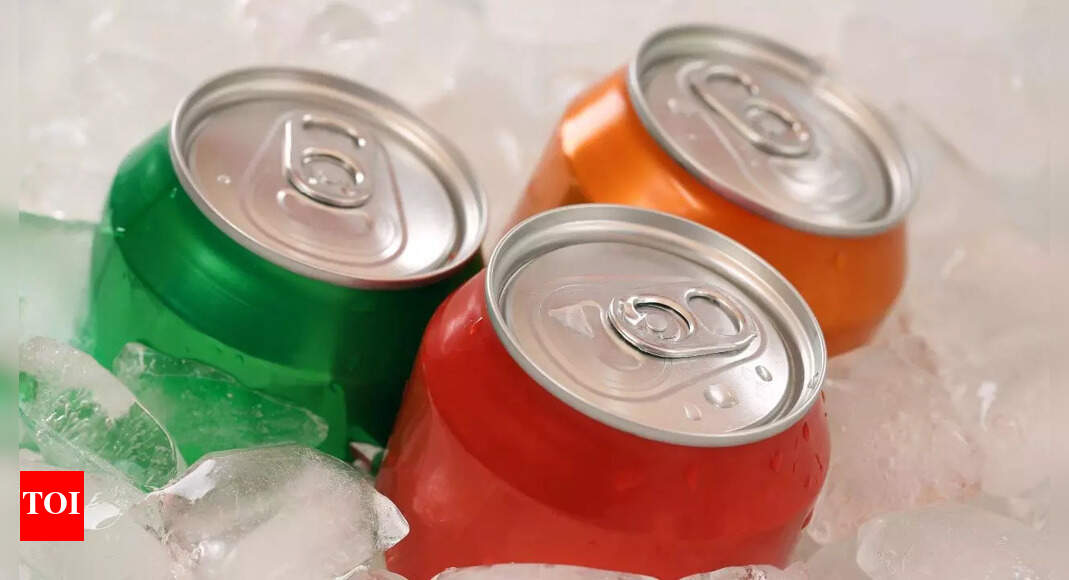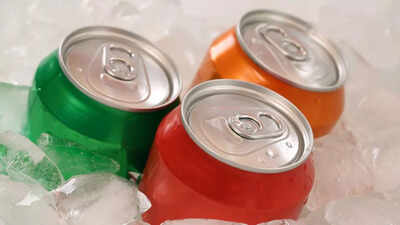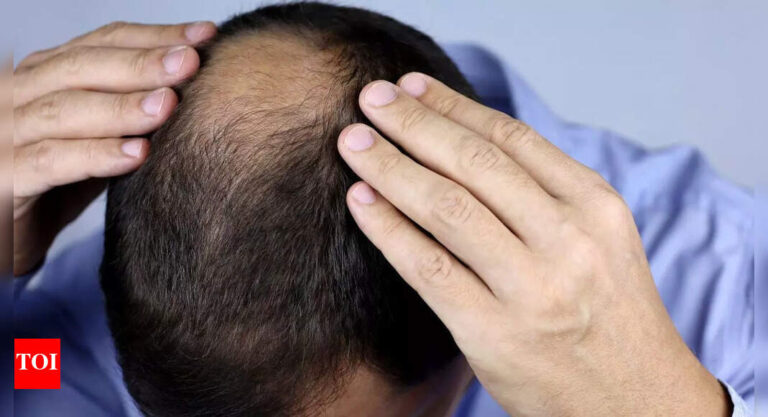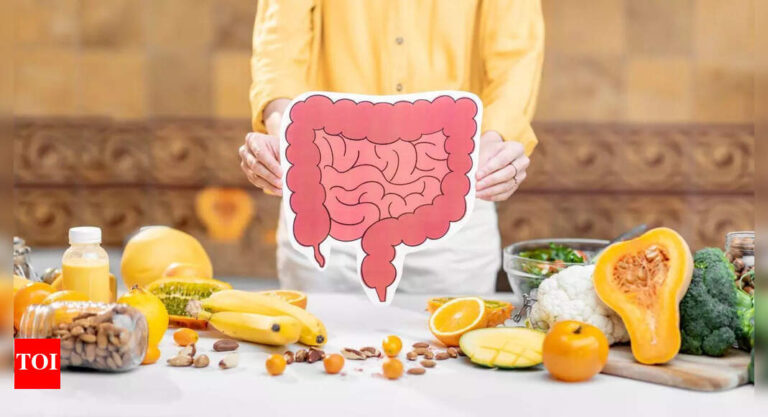
For years, diet soda has been sold as the “healthier” alternative to sugary soft drinks, the guilt-free fizz we could sip without worry. But a new study is challenging that assumption, and the results are shocking. Researchers in China have found that even a single can of artificially sweetened soda per day may increase the risk of metabolic dysfunction-associated steatotic liver disease (MASLD) — the most common liver disease in the US Surprisingly, diet soda appears to pose an even higher risk than regular, sugar-laden soda. The findings suggest that those zero-calorie bubbles might not be as innocent as they seem.
Diet soda vs. regular soda : How even “sugar-free” drinks can harm your liver
Lead author Lihe Liu, a gastroenterology graduate student at the First Affiliated Hospital of Soochow University, explained that low- or no-sugar sweetened beverages were linked to higher MASLD risk, even at modest consumption levels. Over a decade-long follow-up of nearly 123,800 UK residents without liver disease, participants who drank just one 250 ml can of diet soda per day showed a 60% higher risk of developing MASLD. Regular soda drinkers had a 50% higher risk. Liu notes that diet drinks may affect the liver by altering the gut microbiome, disrupting fullness cues, and even stimulating insulin release.Sugary drinks contribute to liver fat by causing rapid spikes in blood sugar and insulin, promoting weight gain, and increasing uric acid levels. Diet sodas, while free of sugar, may still disrupt metabolic processes and encourage sweet cravings. Both types of beverages caused fat accumulation in the liver, but only diet soda was associated with an elevated risk of liver-related deaths, highlighting hidden dangers in what many consider a “safe” choice.
The bigger picture: MASLD on the rise
MASLD currently affects about 38% of adults in the U.S., and this number is projected to exceed 55% by 2040 due to rising obesity and diabetes rates. As diet and sugar-sweetened beverages remain widely consumed worldwide, understanding their long-term health consequences is critical. Liu emphasises that more research is needed to identify which specific sweeteners may be most harmful.
What you can do to protect your liver
The study also offers a simple takeaway: moderation and water are key. Substituting water for diet soda reduced MASLD risk by over 15%, while swapping sugary sodas for water lowered risk by nearly 13%. “Limiting both sugar-sweetened and artificially sweetened beverages remains the safest approach,” Liu advises, reminding us that even so-called “guilt-free” drinks are not without consequences.







